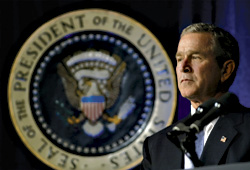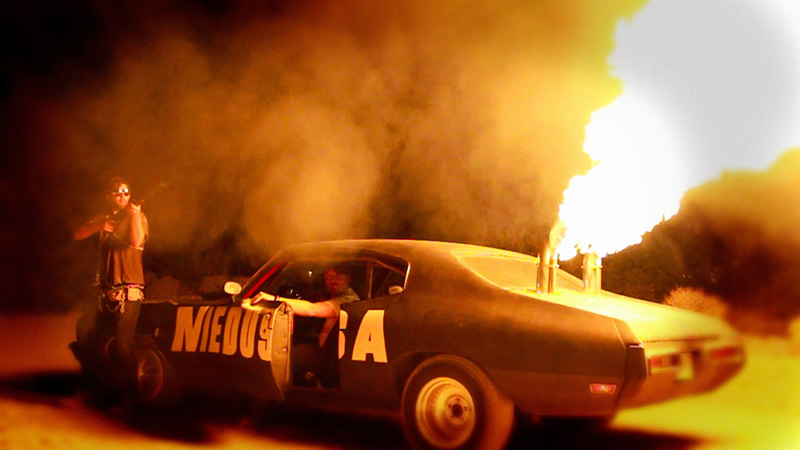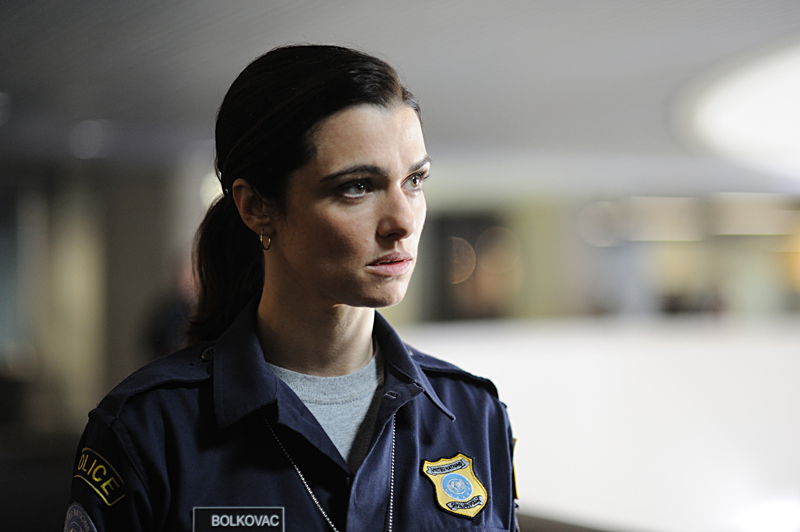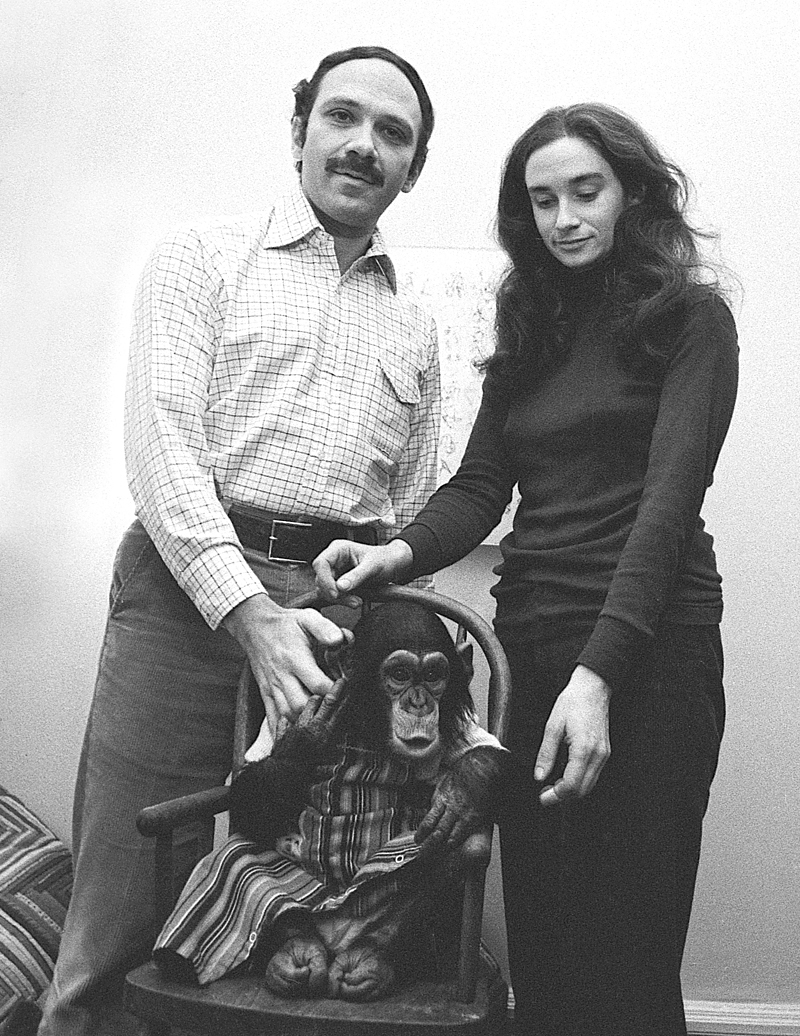Masterfully edited and cumulatively walloping, Charles Ferguson’s No End in Sight turns the well-known details of our monstrously bungled Iraq war into an enraging, apocalyptic litany of fuckups. One may have already heard some or all of the absurd, shameful, appalling details that Ferguson collects—the well-connected American kid plucked straight out of Georgetown to oversee the Baghdad traffic plan, Dick Cheney’s five draft deferments during the Vietnam War, the $2 trillion price tag, the estimated 700,000 Iraqi civilian casualties—and still be driven to hysterics by the sheer volume of atrocity gathered here. Ferguson’s early title card—”It is a story in which many people tried to save a nation”—may be overly generous toward the doc’s talking-head roster of former U.S. military officials and other administrative casualties of war, but No End in Sight is certainly a film about failure, perhaps the ultimate film about failure. Or maybe we should call it a film about the ultimate failure?
As the movie’s more begrudging admirers will likely acknowledge, Ferguson is no Michael Moore. His background is as a scholar and a Brookings wonk, and No End in Sight—his first film, amazingly—is less a work of investigation (or activism) than of history. There’s no psychology in the movie (e.g., Dubya has daddy issues), and neither are there conspiracy theories (e.g., the war is about redrawing the Middle East map and further fueling Halliburton’s tank).
Bracketed by a pair of press-conference quotes from Donald Rumsfeld—the first smugly declaring his pride in the “first war of the 21st century,” the second defensively claiming, “I don’t do quagmires”—the doc scarcely acknowledges the fraudulent justification and fundamental immorality of the Iraq invasion. Though A Pretext for War author James Bamford does show up to say, “I don’t know what these [Bush administration officials] were smoking, but it must have been very good.”
Focusing on the war itself, from Shock and Awe and Mission Accomplished to Rummy’s honorable discharge and beyond, Ferguson is chiefly interested in compiling a filmed dossier of incompetence—not so much to argue that the war could’ve been won and won early, but to suggest that the magnitude of arrogant irresponsibility will carry aftershocks as far into the future as the mind can imagine. No end, indeed. The title seems to refer not to the interminable war but to the irreversible stain on America’s reputation. Ferguson’s ultimate image of urban Iraq in flames, swarming with well-armed insurgents, is a picture of hell, and not one that’s only burning Over There.
Ferguson’s approach is at once relentless and, with the help of Campbell Scott’s flat narration, chillingly calm and composed. Titles of the doc’s handful of sections include “The Void,” “Things Fall Apart,” and “Chaos”—and, yes, those are distinct historical periods. In the film’s straightforward narrative, nonexistent or, at best, hasty planning before and during the start of the war leads to Iraqi lawlessness and looting, allowed if not encouraged by an administration acting nearly without military advice. Iraqi culture—indeed, the world’s record of early civilization—is essentially decimated.
Rumsfeld and Paul Wolfowitz insist on maintaining troop levels at two or three times less than those recommended by Army generals. Mass civil disturbance ensues. American soldiers apprehend Iraqi “suspects” and deliver many to Abu Ghraib. The Shiite militia rises to fill the power void. Paul Bremer is appointed head of the Coalition Provisional Authority and, consulting no one with military experience, swiftly aids the Iraqi insurgency by halting the formation of a sovereign government and instituting a de-Baathification policy that disenfranchises hordes of people. Then Bremer summarily disbands the Iraqi military, apparently under the assumption that a half-million unemployed and armed men will be content to watch the war from the sidelines.
Ferguson has assembled a wealth of on-the-ground footage from a variety of sources, using it mainly to annotate his interview material, although near the end of the film he includes a horrifying home video of private military contractors randomly picking off Iraqi civilian motorists with machine-gun fire, Elvis’ jaunty “Mystery Train” booming from the Americans’ car radio. Throughout the film are images of burning cars, stacks of torn bodies, bombed-out homes, Iraqis weeping into open coffins—the sort of pictures conspicuously missing from network news coverage. Is the movie’s reporting biased? Not if you consider that anyone who’d testify to the “good intentions” or overall success of the campaign—Cheney, Condoleezza Rice, Rumsfeld—naturally refused to comment.
The evidence speaks for itself, and No End in Sight—addressed to those who’ll be swayed against the war by ineptitude more than immorality—is the rare American documentary that doesn’t appear to preach to the converted, or at least not only to the converted. For those of us who’ve opposed the war for years, the movie is at once intensely frightening and, it must be admitted, disturbingly reassuring. Everything you wanted to suspect about this administration’s warmongers but were afraid to fully believe? Here it is.








